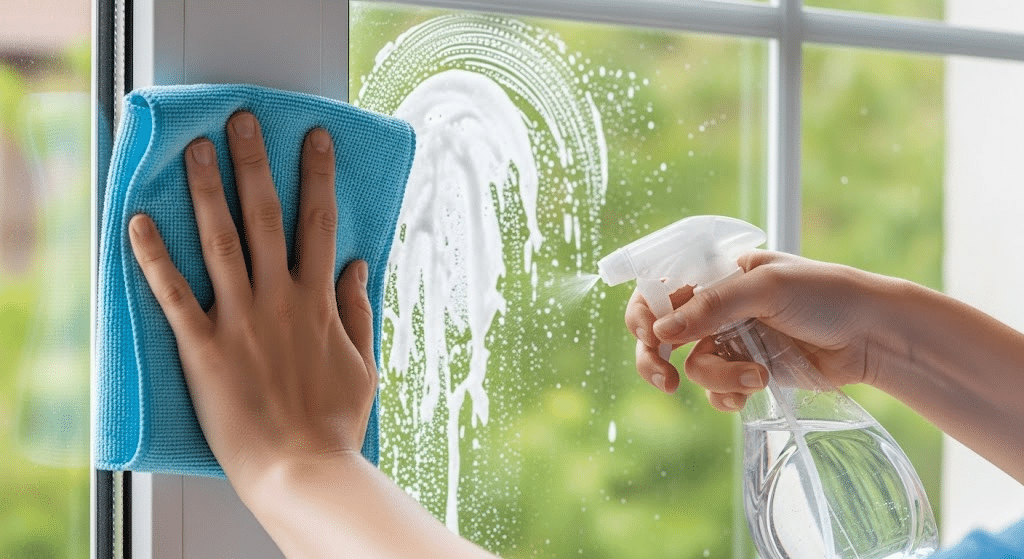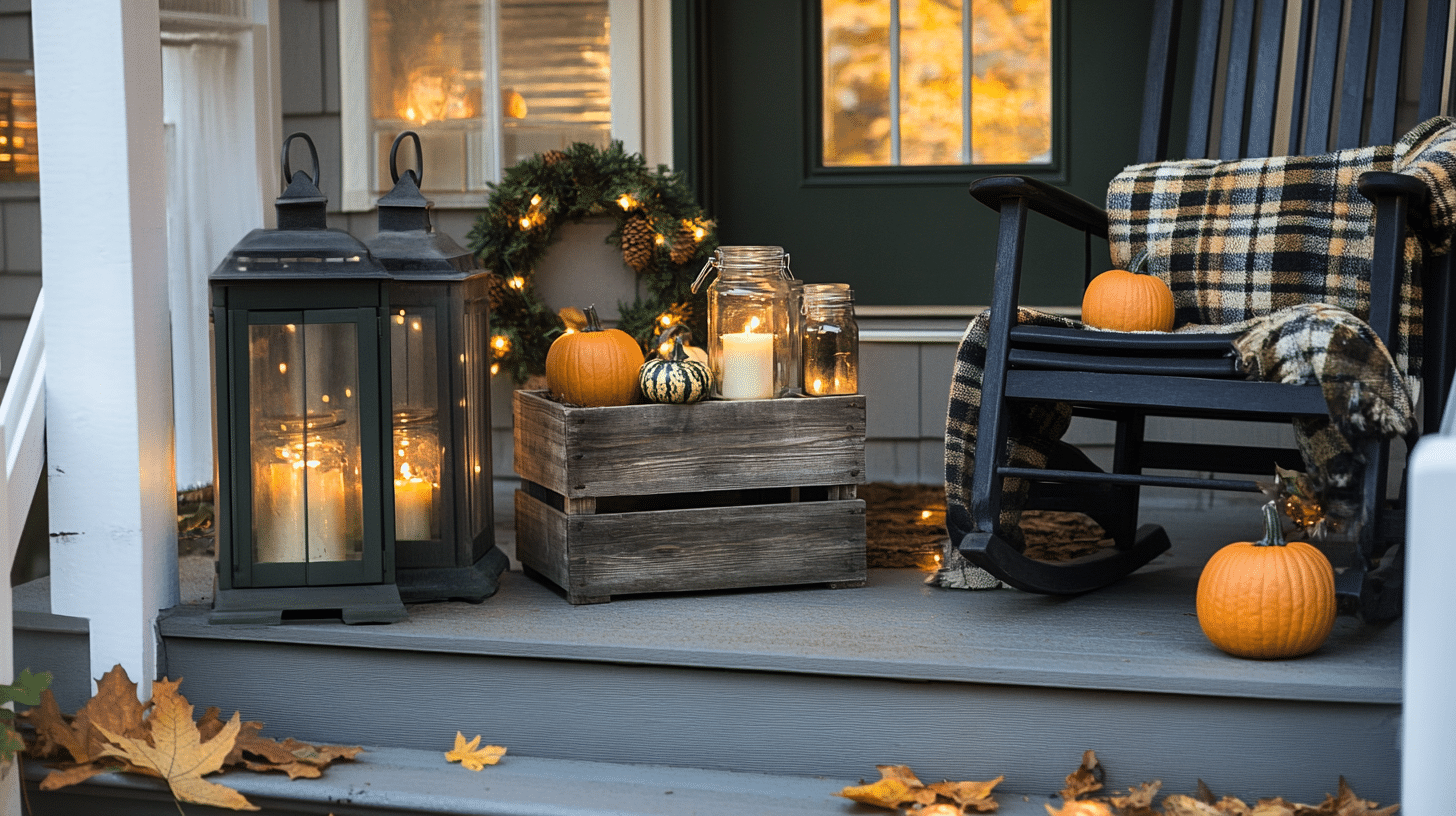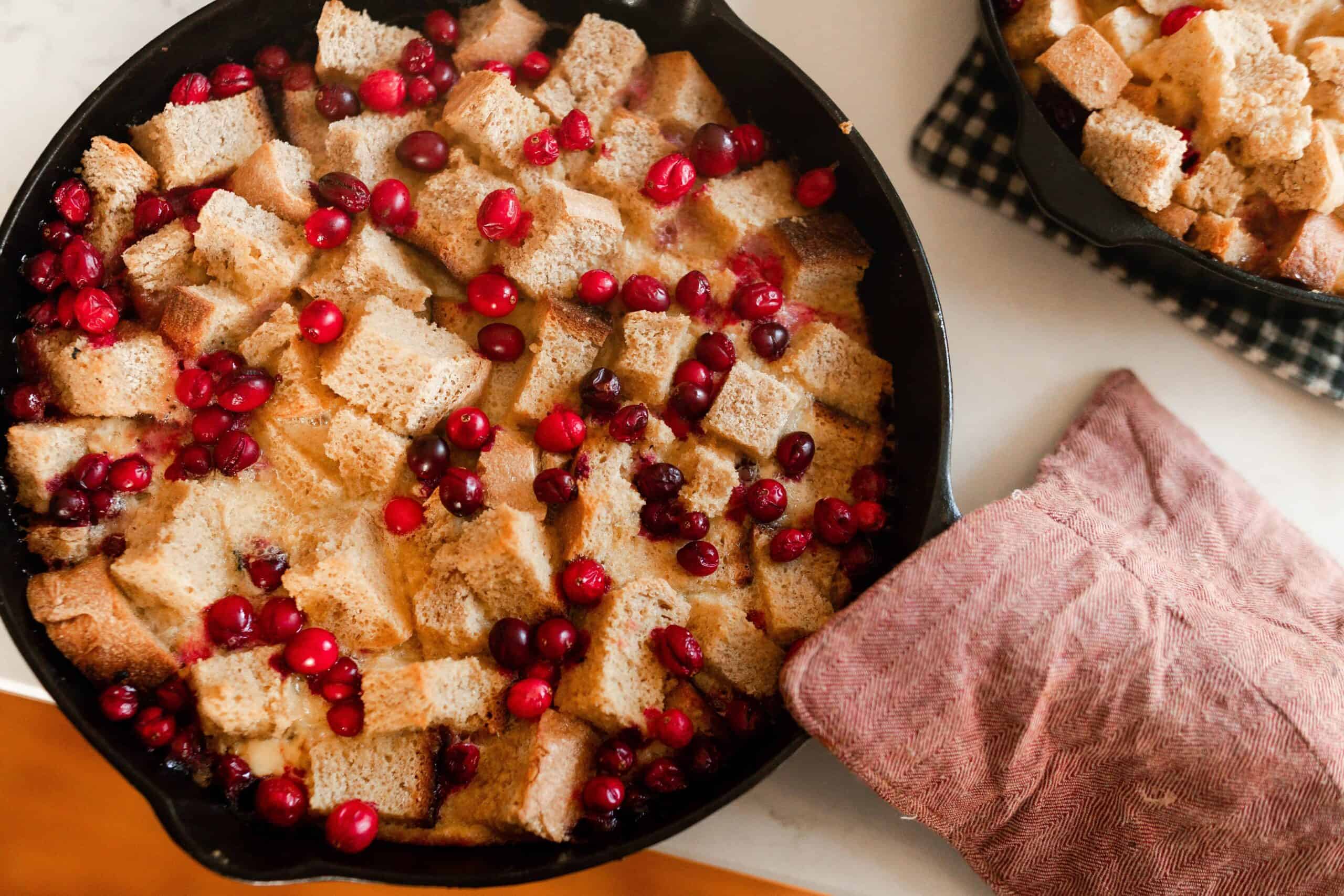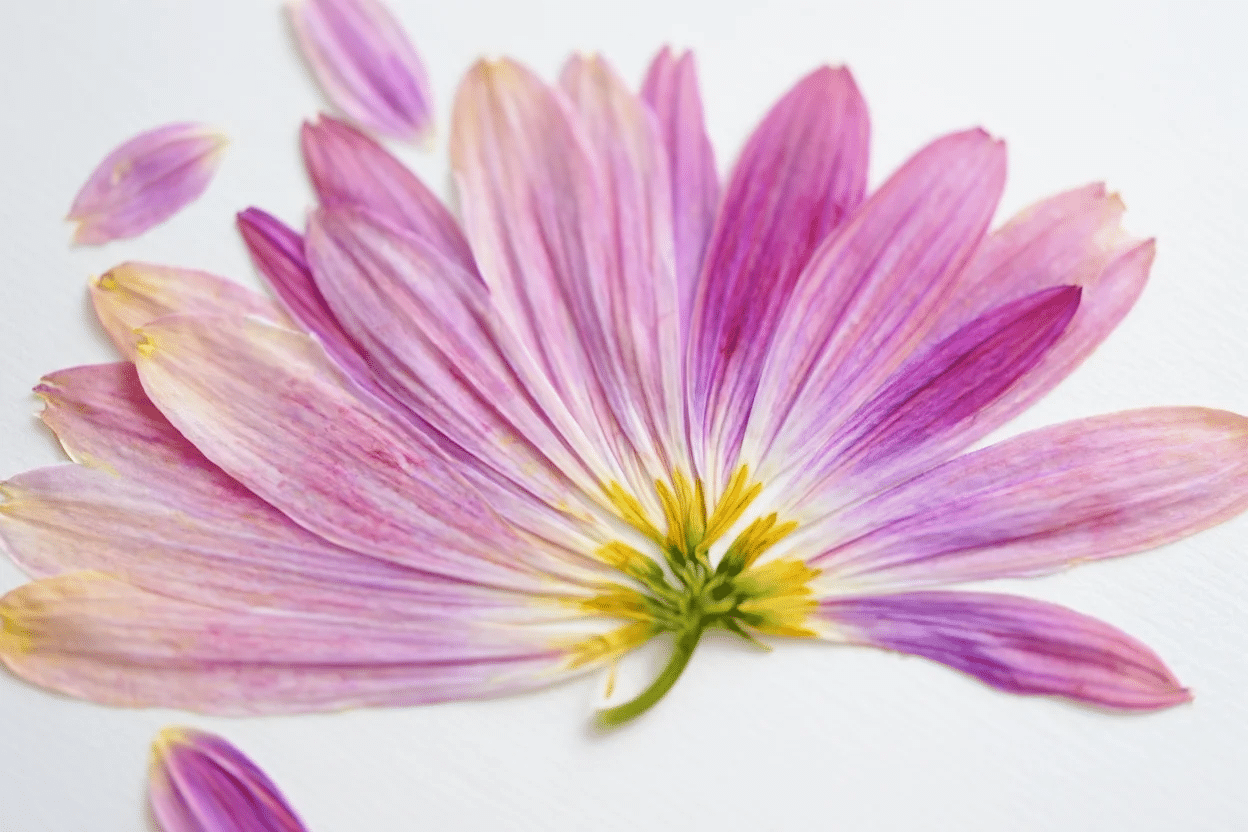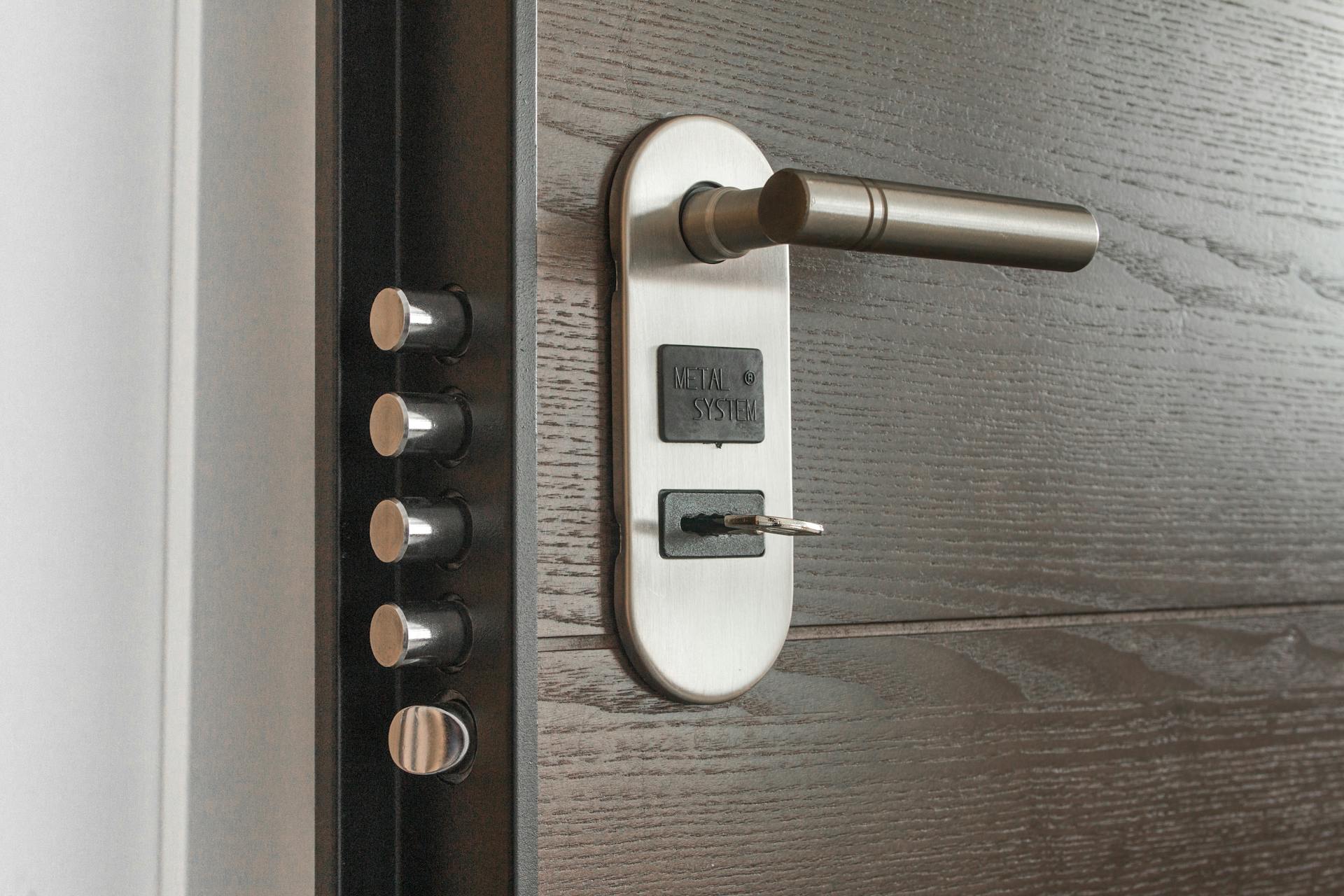Tired of streaky windows and harsh chemical fumes? Cleaning windows can be frustrating. That bottle of vinegar in your kitchen is actually one of the best window cleaners you’ll ever use.
Is vinegar truly effective for windows? Absolutely! And I’m going to show you exactly why this natural method works so well.
In this guide, I’ll walk you through simple steps that turn ordinary vinegar into a powerful window cleaner.
You’ll learn the right mixture, the best techniques, and why this eco-friendly approach leaves your windows crystal clear without toxic chemicals.
The Science Behind Why Vinegar Works on Windows
Does vinegar clean glass? I get this question asked out a lot.
Here’s what makes vinegar so effective: it contains acetic acid, which is naturally great at breaking down the stuff that makes windows look dirty.
I’m talking about mineral deposits from hard water, greasy fingerprints, and everyday grime.
When I use vinegar on my windows, the acid dissolves these buildups without leaving behind any soapy film. That’s the key difference between vinegar and regular cleaners.
Most store-bought products contain detergents that can leave residues, but vinegar evaporates cleanly.
No streaks, no film, just clear glass. It’s chemistry working in your favor, and it costs pennies compared to fancy window cleaners.
Table of Materials Needed
| Material | Quantity | Notes |
|---|---|---|
| Warm Water | 2 cups | Acts as the base liquid for the cleaner |
| White Vinegar | 1/2 cup | Natural cleaner that removes grime and mineral buildup |
| Rubbing Alcohol | 1/2 cup | Helps to speed up drying and enhances cleaning power |
| Cornstarch | 1 tablespoon | Adds to the streak-free finish by cutting grease and grime |
| Spray Bottle | 1 (Empty) | For easy application of the homemade cleaner |
Steps to Clean Windows with Vinegar
Now I’ll walk you through my proven method for getting crystal-clear windows every time. These five simple steps have never failed me, and they’ll work for you too.
Step 1: Prepare the Cleaning Solution
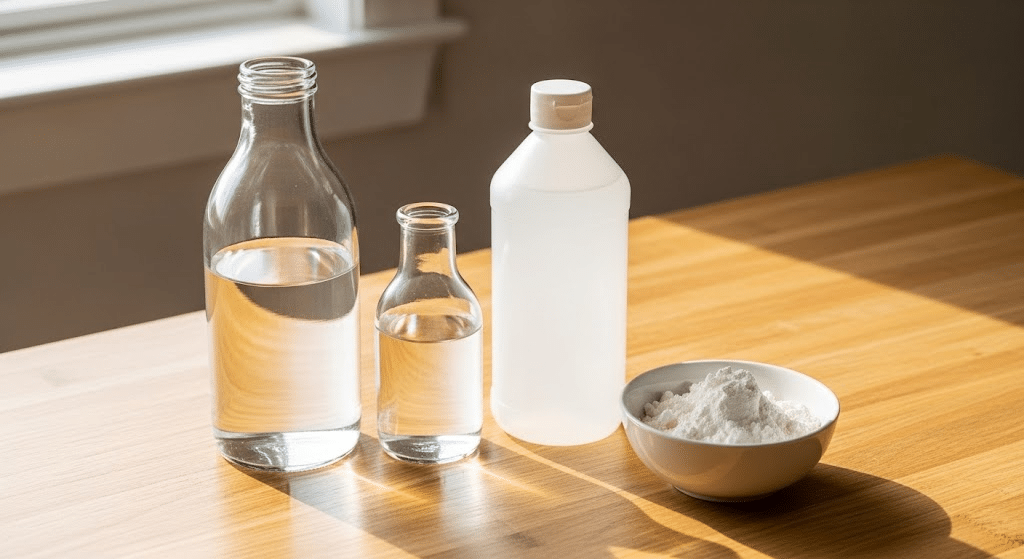
In a jar, combine 2 cups of warm water, 1/2 cup of white vinegar, 1/2 cup of rubbing alcohol, and 1 tablespoon of cornstarch. The cornstarch will help to give you a streak-free shine.
Step 2: Shake the Mixture
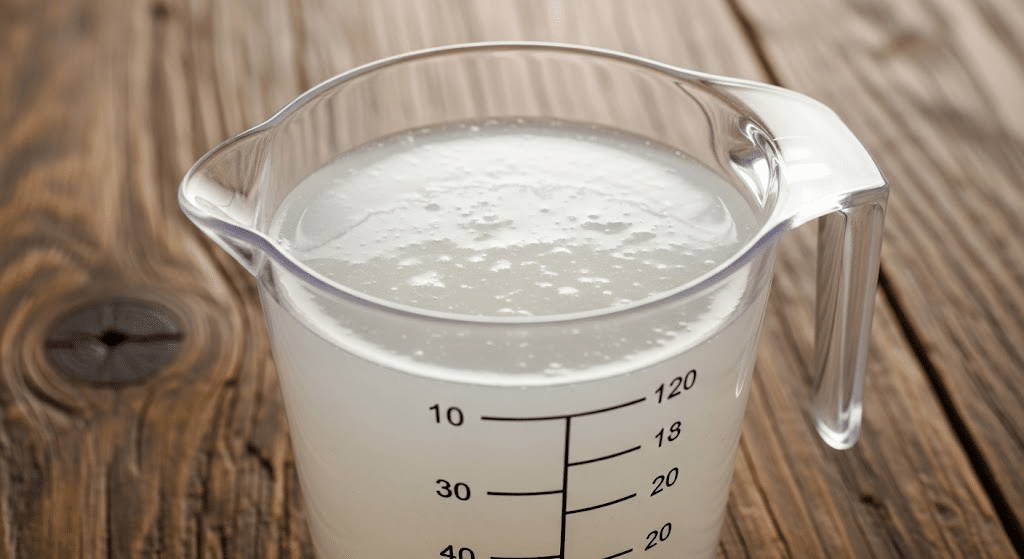
Close the jar with its lid tightly and shake the mixture thoroughly until the cornstarch is well dissolved and evenly mixed. Shaking is crucial for activating the cornstarch in the mixture.
Step 3: Transfer to a Spray Bottle
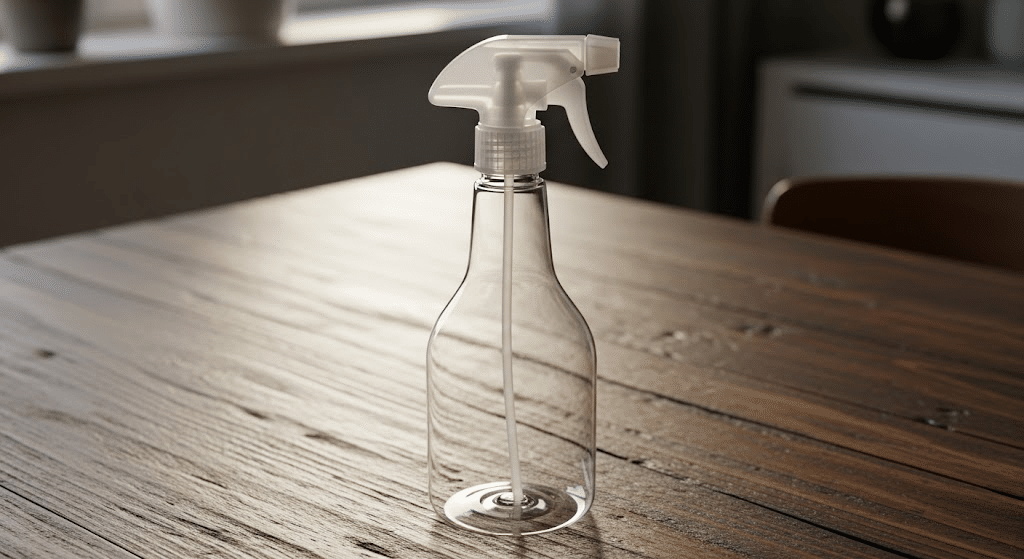
Pour the mixture from the jar into an empty spray bottle. Ensure that the bottle is clean to avoid any residue interfering with the cleaning process.
Step 4: Apply the Solution to Windows
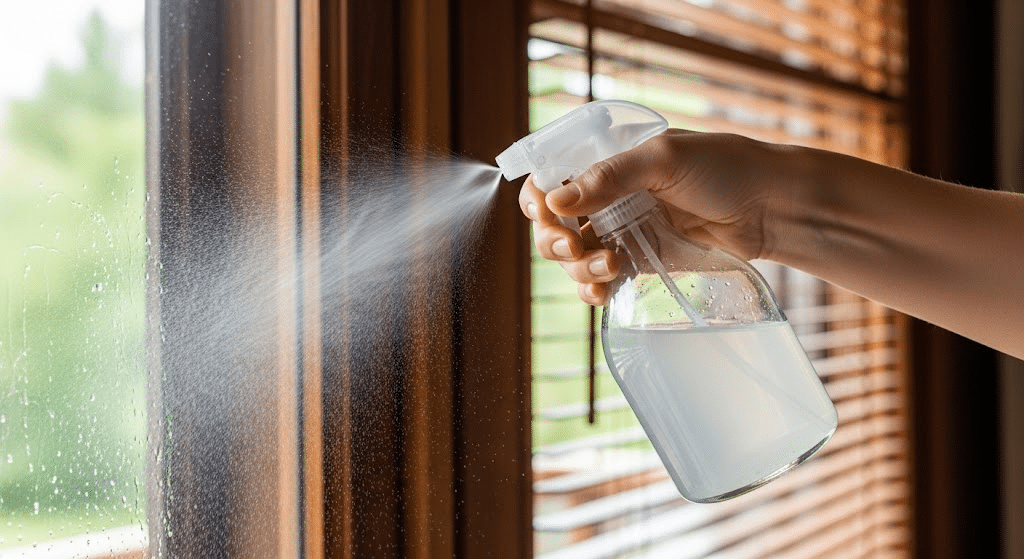
Spray the window generously with the homemade solution. Be sure to cover all the glass with a light mist for optimal cleaning.
Step 5: Wipe the Windows Clean
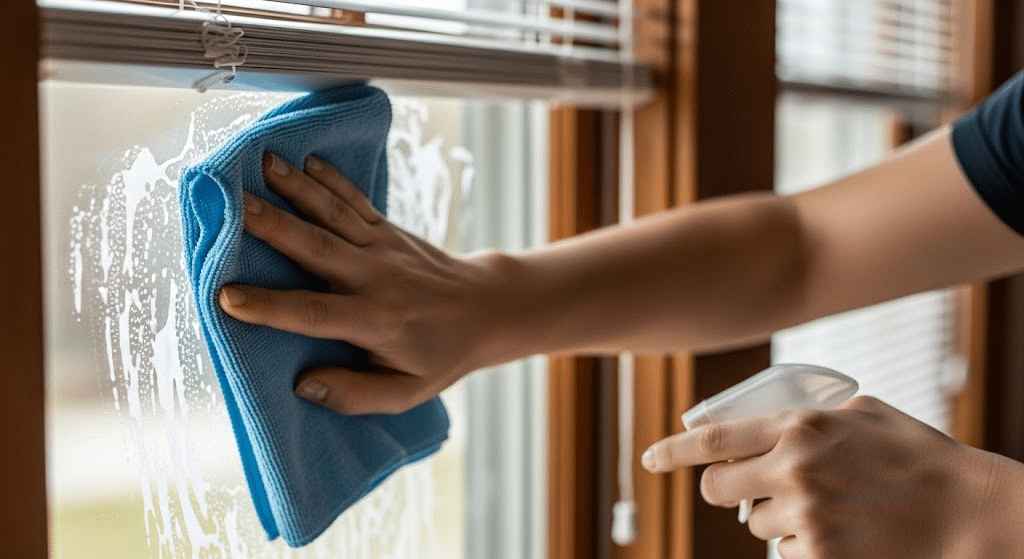
Use a microfiber cloth or any lint-free cloth to wipe the window in a circular motion, starting from the top and working your way down.
For best results, buff the glass with a dry section of the cloth to eliminate streaks.
Avoid These Mistakes When Cleaning with Vinegar
I’ve made plenty of window cleaning mistakes over the years, and I want to save you the frustration. Here are the biggest errors I see people make:
Mistake #1: Using Paper Towels
Paper towels leave tiny lint pieces all over your glass. I learned this the hard way!
The Fix: Use microfiber cloths or old cotton t-shirts instead. They absorb well and won’t leave residue.
Mistake #2: Cleaning in Direct Sunlight
When I clean windows on sunny days, the vinegar solution dries too fast and creates streaks.
The Fix: Wait for a cloudy day, or clean windows in the shade. Early morning works great too.
Mistake #3: Skipping the Dust Step
I used to spray vinegar right on dusty windows. Big mistake – it just turns dust into muddy smears.
The Fix: Always brush or wipe off loose dirt first. I use a dry cloth or soft brush before applying any liquid.
These simple changes made my window cleaning so much easier and more effective.
Pros and Cons of Cleaning Windows with Vinegar
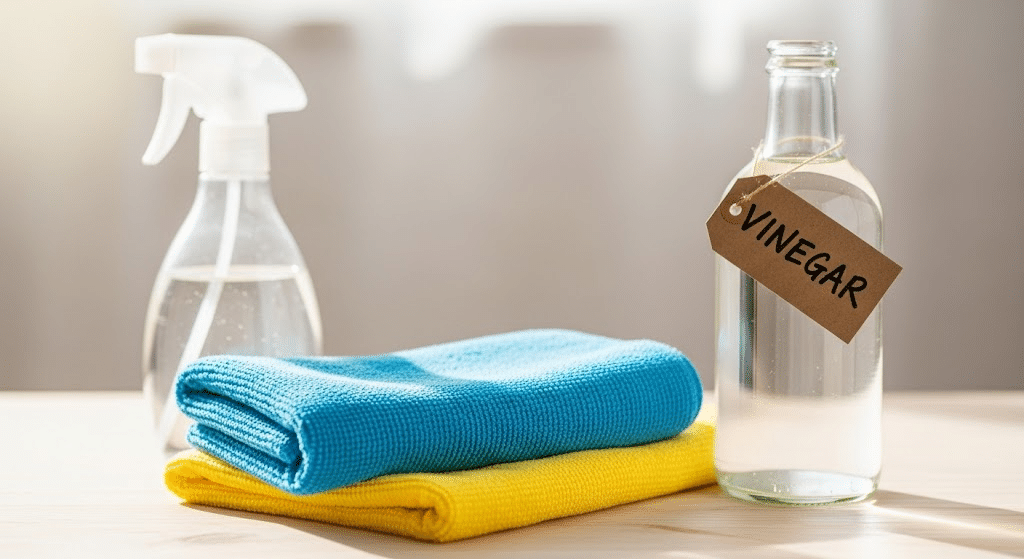
Let me be honest about what I’ve learned from using vinegar on my windows over the years.
Pros:
- Non-toxic: I don’t worry about my kids or pets around this cleaner
- Streak-free finish: When I mix it right, my windows come out crystal clear
- Affordable: One bottle costs less than a fancy window cleaner and lasts months
- Biodegradable: I feel good knowing I’m not harming the environment
Cons:
- Pungent smell: That strong vinegar odor can be overwhelming (though it fades quickly)
- Limited on greasy glass: If my windows have thick buildup, I sometimes need to pre-clean first
- Can damage frames: I’ve learned to avoid aluminum frames since vinegar can cause corrosion over time
The bottom line? For me, the pros far outweigh the cons. I just take a few precautions, and vinegar for cleaning windows works better than most commercial cleaners I’ve tried.
Vinegar vs. Store-Bought Window Cleaners
I’ve tested both methods extensively, and here’s my honest breakdown of how they stack up:
Cost Comparison: A gallon of white vinegar costs me about $3 and makes dozens of window cleaning solutions. Compare that to name-brand cleaners at $4-6 per bottle , vinegar wins by a landslide.
Ingredients & Safety: Store-bought cleaners often contain ammonia, surfactants, and artificial fragrances. Vinegar? Just acetic acid and water. I prefer knowing exactly what I’m spraying around my home.
Effectiveness: For everyday cleaning, both work well. But I’ve noticed commercial cleaners handle heavy grease better, while vinegar excels at removing hard water spots and soap scum.
Environmental Impact: Vinegar biodegrades completely. Many commercial cleaners contain chemicals that persist in waterways long after use.
Scent: Let’s be real, vinegar smells strong initially. Commercial cleaners smell “cleaner” but often contain synthetic fragrances that can trigger headaches.
When I Choose Between Vinegar and Store-Bought:
| Store-Bought Cleaners | Vinegar Solution |
|---|---|
| Thick, oily buildup | Regular maintenance cleaning |
| Need fast results | Around kids and pets |
| Vinegar smell sensitivity | Budget-conscious cleaning |
Natural Vinegar Cleaning Mixes to Try
I love experimenting with different vinegar mixes to tackle specific window problems. Here are my go-to combinations that work better for cleaning windows with vinegar than plain vinegar alone:
For Better Smell
- Vinegar + Lemon Juice: I mix equal parts white vinegar and fresh lemon juice. The citrus cuts through that sharp vinegar odor, and it smells fresh.
- Vinegar + Essential Oils: A few drops of peppermint or lavender oil in my vinegar solution makes cleaning much more pleasant.
For Stubborn Grime
- Vinegar + Cornstarch: When my windows have thick buildup, I add 1 tablespoon of cornstarch to my vinegar mix. It creates a gentle scrubbing action that works great.
- Vinegar + Dish Soap: For really greasy windows (like kitchen ones), I add just a tiny drop of dish soap to help cut through the oil.
My Standard Recipe: 1 cup white vinegar, 1 cup water, and whatever add-in fits the job. Simple, effective, and I can customize it based on what my windows need.
When NOT to Use Vinegar?
I’ve learned that vinegar for cleaning windows isn’t perfect for every window situation. Here’s when I skip the vinegar and what I do instead:
| Window Type | Why Avoid Vinegar | What I Use Instead |
|---|---|---|
| Tinted Windows | Can damage or bubble the tint film | Mild soap and water solution |
| Aluminum Frames | Acid corrodes aluminum over time | Plain water or gentle all-purpose cleaner |
| Wood Frames | Can strip paint or damage wood finish | Damp cloth only on glass, avoid frames |
| Marble/Stone Sills | Acid etches natural stone permanently | Water-based cleaner only |
| Very Old Windows | May damage antique glazing compounds | Professional restoration products |
Conclusion
So there you have it, cleaning windows with vinegar really does work, and it’s changed how I approach window care completely.
This natural method saves me money, protects my family from harsh chemicals, and gives me streak-free results every time.
Yes, vinegar has that strong smell, and you need to be careful with certain frame types. But for most windows, it beats expensive cleaners hands down.
Ready to give it a try? Mix up a batch this weekend and see the difference for yourself. I’d love to hear how it works for you. Drop a comment and share your results. Your wallet and your windows will thank you!
Frequently Asked Questions
What is The Best Liquid To Clean Windows With?
Distilled white vinegar mixed with water works best. Mix one part vinegar with ten parts warm water in a spray bottle. Check that your window manufacturer approves vinegar use first.
Why do my Windows Look Smeared After Cleaning?
Smeared windows happen from using paper towels, too much soap, or cleaning in direct sunlight. Hard water spots and leftover dirt also cause streaks. Always dust first and work in shade.
How Often to Clean Windows
Clean exterior windows every 2-3 months, or monthly in high-pollution areas. Interior windows need cleaning every two weeks to stay clear.
Is Vinegar and Newspaper Good for Cleaning Windows?
Yes, this combination works great. Vinegar breaks down dirt while newspaper absorbs everything without leaving streaks. Use clean newspaper sections to avoid any issues.


